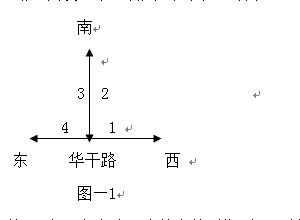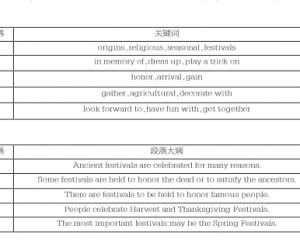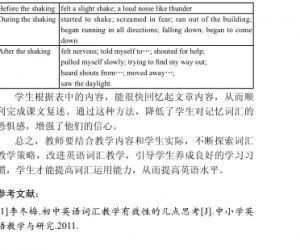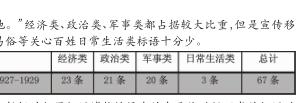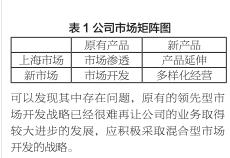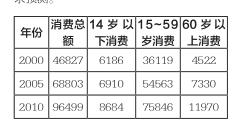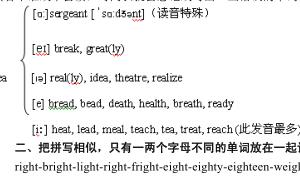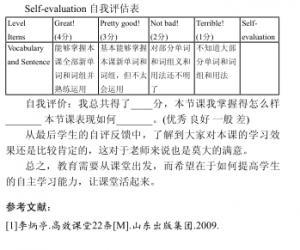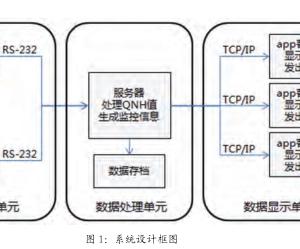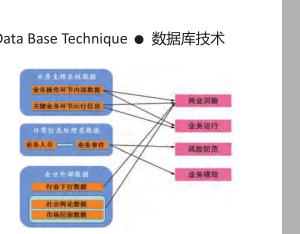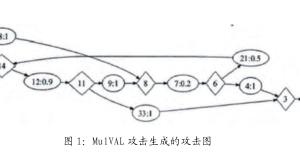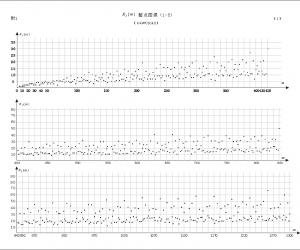掌握Walking Words 轻松变换句型
热度0票 浏览169次
时间:2013年10月23日 15:04
掌握Walking Words 轻松变换句型
牛雅茹
(沛县郝寨中学,江苏 徐州 221617)
摘 要:“Walking Words”,常见的有下面二十个:can、could、will、would、shall、should、may、might、must、have、has、had、am、is、are、was、were、do、does、did。这些Walking Words包括了几乎所有的情态动词和助动词。学生熟记并掌握了这些“Walking Words”,在将肯定句变换为否定句或疑问句时,就会轻松自如。
关键词:Walking Words;变换句型;方法步骤
中图分类号:G633 文献标识码:A 文章编号:
教学中,同学们在做句型变换题时,常常出错,尤其是在变肯定句为否定句或疑问句时,迟迟不敢落笔。在对大量的练习研究中,我发现,只要同学们能掌握常见的Walking Words ,变换句型就会很轻松。
这里所说的“Walking Words”,常见的有下面二十个:can、could、will、would、shall、should、may、might、must、have、has、had、am、is、are、was、were、do、does、did。这些Walking Words包括了几乎所有的情态动词和助动词。
同学们如果熟记并掌握了这些“Walking Words”,在将肯定句变换为否定句或疑问句时,就会轻松自如。利用这些“Walking Words”(可以走动的词)或“Lively Words”(活词)来进行变换句型时就会一路畅通,准确无误。
现将运用“Walking Words”变换句型的方法步骤总结如下:
一、将肯定句变为一般疑问句(Yes/No questions)
第一步:研读肯定句,看看是否有一个Green Word,若有,就将它挪到句子的开头,放在主语的前面。
例如:1 ) A monkey can climb the tree quickly .
Can a monkey climb the tree quickly ?
2 ) My father will come back in two months .
Will your father come back in two months
3) Lucy could swim when she was six .
Could Lucy swim when she was six ?
4 ) We were watching TV at this time last night .
Were you watching TV at this time last night ?
5 ) We should help each other .
Should we help each other ?
6 ) The students must keep the classroom clean .
Must the students keep the classroom clean ?
7 ) There are some books on the desk .
Are there any books on the desk ?
8 ) We shall meet at the school gate tomorrow .
Shall we meet at the school gate tomorrow ?
9 ) We had learned two thousand words by the end of last term .
Had you learned two thousand words by the end of last term ?
10 ) The students may listen to music after school .
May the student listen to music after school ?
第二步:若没有Walking Words,就从do、does、did这三个词中选出一个(谓语动词是第三人称单数形式,就用does;谓语动词是过去式,就用did;否则就用do)。这样句子中就有了一个“Walking Words”,然后将它放在句子的开头,主语的前面就可以了。
例如:1 ) I often play football after school .
Do you often play football after school ?
I don’t often play football after school .
2 ) Everyone in China likes moon cakes .
Does everyone in China like moon cakes ?
Everyone in China doesn’t like moon cakes .
第三步:假如你选用了“do、does、did”中的某一词,那就必须将原句中的谓语动词变为动词原形。
例如:1)I like eating apples .
Do you like eating apples ?
2) Tom wants to play football on the playground this afternoon .
Does Tom want to play football on the playground this afternoon ?
3) They went to the park yesterday .
Did they go to the park yesterday ?
第四步:依据要求变换标点符号,如1、把句末的句号变为问号,2、句首的第一个字母要大写,3、将原句首的第一个词的第一个字母变小写(假如该词是“I”或专有名词则不变)。
例如:1) She has lunch at school .
Does she have lunch at school ?
2 ) I can have some bread .
Can I have some bread ?
二、将肯定句变为特殊疑问句(Wh-questions)
第一步:确定是将句中那个成分提问。
例如:1)This is a new book . ( What ) ------- What is this ?
2) Tom likes apples . (Who ) ------ Who likes apples ?
3) Those are my shoes under the bed . ( Whose )----- Whose shoes are those ?
4) Tom can’t come to school because he is ill . ( Why )------
Why can’t Tom come to school ?
第二步:假如是将句中的主语提问,那就用一个疑问词(Wh-word)代替主语,然后将句号变为问号。
例如:1) Something is wrong with my watch .
What is wrong with my watch ?
2)A few of the students have pets in our class .
How many of the students have pets in our class ?
3) They like watching TV in the evening .
Who likes watching TV in the evening ?
第三步:假如是将句中主语以外的成分提问,那就先把原句(肯定句)改为一般疑问句。
第四步:将一个疑问词替换提问部分。
第五步:把该疑问词放在句首。
三、将肯定句变为否定句(Negative statements)
第一步:查找肯定句中是否有“Walking Words”。发现有,就在该“Walking Words”后面加上not。
例如:1 ) I am a student now .
I am not a student now .
2 )Lily can swim .
Lily can’t swim .
3 ) I would like some bread .
I wouldn’t like any bread .
4 ) They have already seen the film .
They haven’t seen the film yet .
第二步:若没有Walking Words,那就应该从“do、does、did”中选出一个合适的词。
例如:I don’t like eating apples .
Tom doesn’t want to play football on the playground this afternoon .
They didn’t go to the park yesterday .
第三步:将这个词紧紧放在主要动词(Main Verb)之前,并在该词后面加上not。
例如:We don’t like these uninteresting book .
第四步:假如句子用了“do、does、did”其中的某个词,那就要把原句中的主要动词变为动词原形。
例如:1) Tom often goes to school at seven every day .
Does Tom often go to school at seven every day ?
Tom doesn’t often go to school at seven every day .
2 ) They played football after school every day .
Did they play football after school every day ?
They didn’t play football after school every day .
通过上述实践,我们不难发现“Walking Words”的确在把肯定句变为否定句或者疑问句时有一定的规律可循。只要我们熟练地掌握了上述步骤,并严格遵照这些步骤去做,变换这一类的句型就会感到很轻松。





